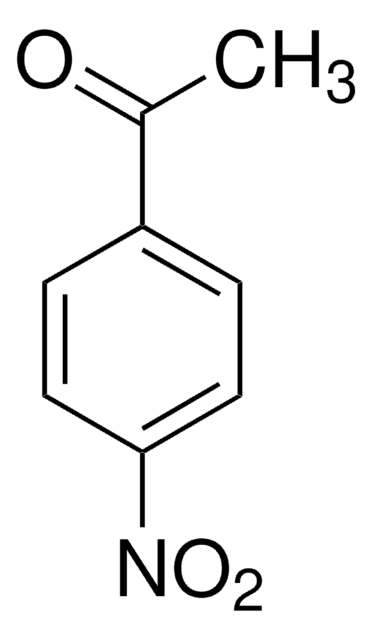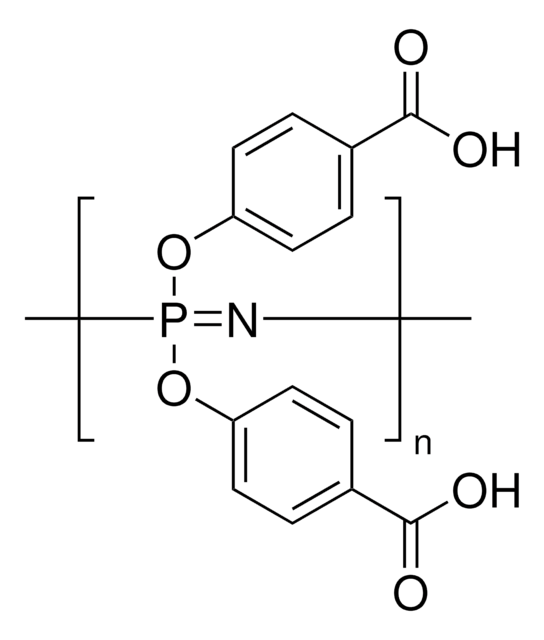230286
Phosphonitrilic chloride trimer
99%
Synonym(s):
1,3,5,2,4,6-Triazatriphosphorine-2,2,4,4,6,6-hexachloride, 1,3,5-Triaza-2,4,6-triphosphorin-2,2,4,4,6,6-hexachloride, Hexachlorocyclotriphosphazene
About This Item
Recommended Products
Assay
99%
form
solid
mp
112-115 °C (lit.)
density
1.98 g/mL at 25 °C (lit.)
SMILES string
Clp1(Cl)np(Cl)(Cl)np(Cl)(Cl)n1
InChI
1S/Cl6N3P3/c1-10(2)7-11(3,4)9-12(5,6)8-10
InChI key
UBIJTWDKTYCPMQ-UHFFFAOYSA-N
Looking for similar products? Visit Product Comparison Guide
Application
Signal Word
Danger
Hazard Statements
Precautionary Statements
Hazard Classifications
Skin Corr. 1B
Supplementary Hazards
Storage Class Code
8A - Combustible corrosive hazardous materials
WGK
WGK 3
Flash Point(F)
Not applicable
Flash Point(C)
Not applicable
Personal Protective Equipment
Certificates of Analysis (COA)
Search for Certificates of Analysis (COA) by entering the products Lot/Batch Number. Lot and Batch Numbers can be found on a product’s label following the words ‘Lot’ or ‘Batch’.
Already Own This Product?
Find documentation for the products that you have recently purchased in the Document Library.
Our team of scientists has experience in all areas of research including Life Science, Material Science, Chemical Synthesis, Chromatography, Analytical and many others.
Contact Technical Service









